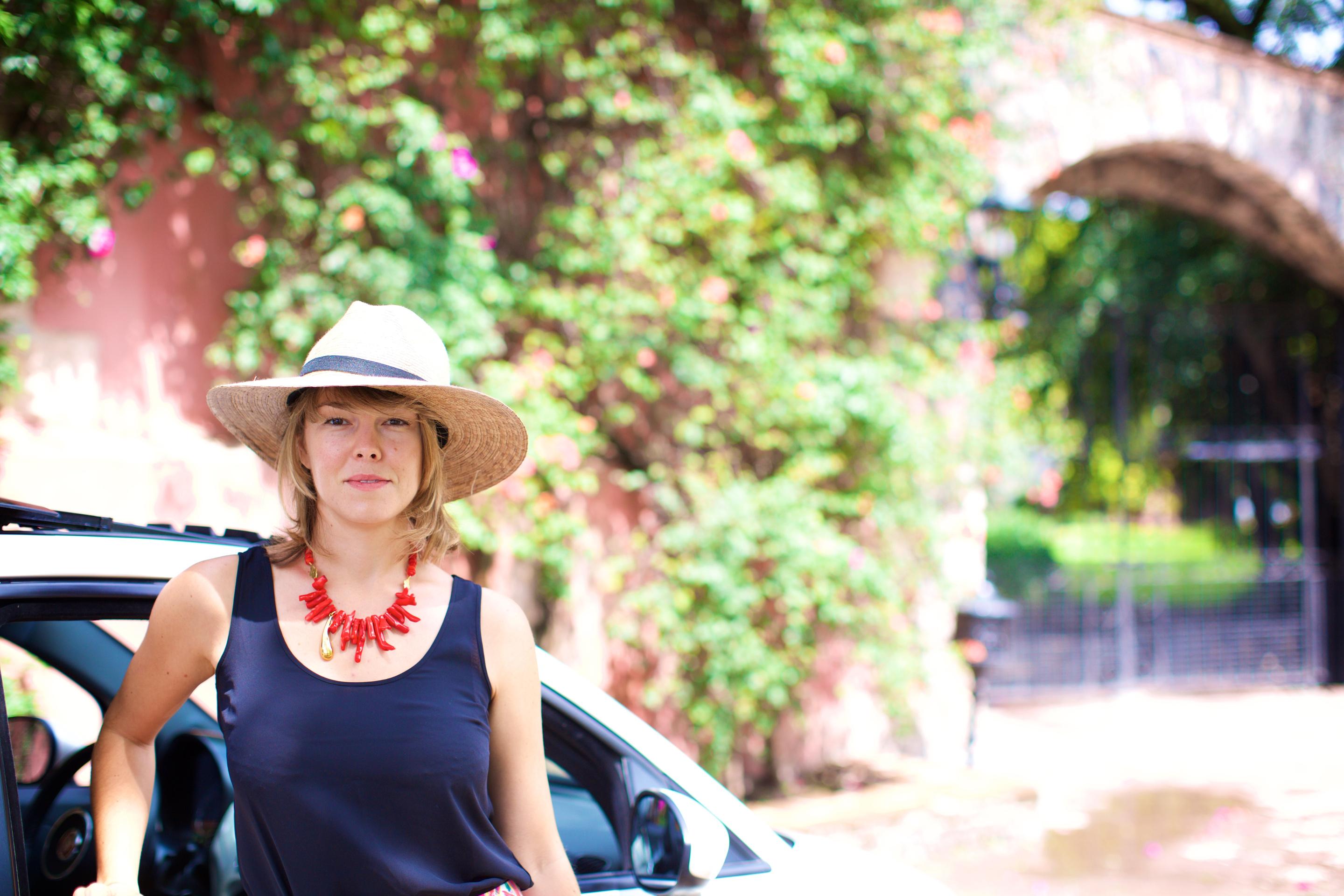
2 minute read
Editor’s Letter
BY DR KINGA MNICH
When you started your early career, it may have seemed like the natural, obvious path was to work for someone else. And, before you know it, you may have found yourself part of a system that has been largely designed for the success of men.
Advertisement
That doesn’t mean that women don’t succeed, of course. On the contrary, we adapt to the environment because we want to succeed. Some might say that we should have demanded change years ago, but how can you demand change if you don’t know what a system for you could even look like?
The truth is that in cultures all over the world, women have been excluded from the areas outside of the family structure for centuries. And yet, with each small step toward more freedom for women, we are told that times are changing and how "incredible" it is that we have come that far.
If we want real change, we must support women as entrepreneurs. It's not the only means, but it's an incredibly powerful one, and one that can be defined on our own terms.
Entrepreneurship has become a significant part of what it means to be a woman of impact. Women are taking control over their own lives, building wealth, and building financial means so they can support their extended families, their children, and give back to their communities. Some have created companies that are environmentally sustainable while supporting women in developing countries and ensuring that their products are good for the environment.
I hope you will be encouraged by the stories you read in this issue, and even inspired to support continued change. The drastic increase in women-owned businesses and other positive statistics are encouraging, but it's clear that women entrepreneurs have many challenges still to overcome.
Did you know that women-owned start-ups are more sustainable and tend to outperform the national average? (Market Insider 2020, Farrer 2019, Certified Sustainable 2019, Wang 2019)

And that women-owned businesses:
Generate $1.8 TRILLION in revenue each year?
Have grown at five times the national average?
And yet:
“Angel investors“ still prefer to finance male entrepreneurs. Despite the severe funding gap, startups founded/co-founded by women actually performed better over time, generating 10% more in cumulative revenue over a five-year period, according to Boston Consulting Group.
Investors traditionally have demanded higher equity participation from female entrepreneurs than they do from males.
Venture capitalists who invest in female businesses are more likely to be male than female (!)
In this edition, we are giving women entrepreneurs a stage to tell their story of how they have built their business and overcome a variety of obstacles. It is my pleasure to open the stage for these 15 incredible women.
I hope that this edition will give you as much perspective and motivation as it did for me.
JUST 25% OF WOMEN JUST 25% OF WOMEN ENTREPRENEURS SEEK ENTREPRENEURS SEEK FINANCING FOR THEIR FINANCING FOR THEIR BUSINESSES, AND 31% BUSINESSES, AND 31% OF THE WOMEN WHO OF THE WOMEN WHO DO SEEK FUNDING ARE DO SEEK FUNDING ARE SUCCESFFUL SUCCESFFUL
SEE BEYOND YOURSELF.




